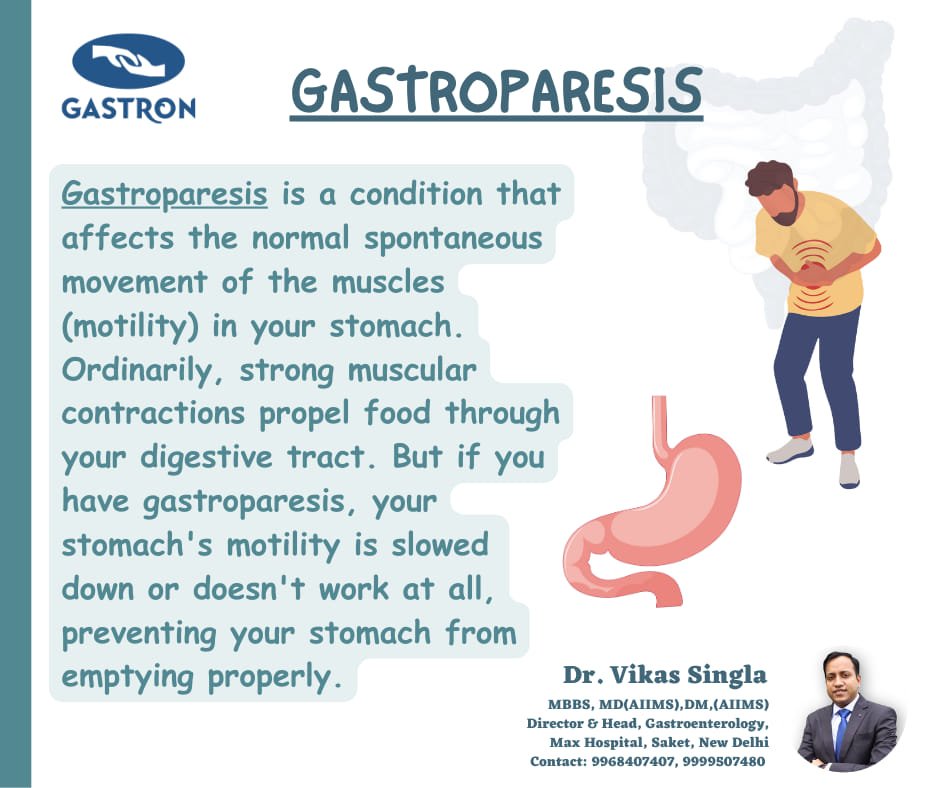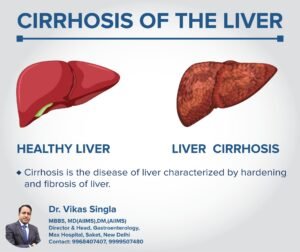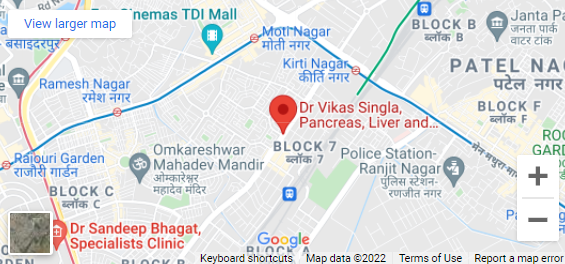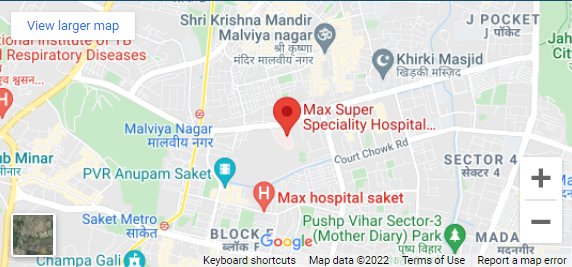GASTROPARESIS
It is a condition that affects the normal spontaneous movement of the muscles (motility) in your stomach. Ordinarily, strong muscular contractions propel food through your digestive tract. But if you have gastroparesis, your stomach’s motility is slowed down or doesn’t work at all, preventing your stomach from emptying properly.
1. Symptoms of Gastroparesis
-
- Vomiting
- Nausea
- Abdominal Bloating
- A feeling of fullness after eating
- Just a few bites
- Vomiting undigested food eaten a few
- Hours earlier
- Acid reflux
- Changes in blood sugar levels
- Lack of appetite
- Weight loss and malnutrition
2. Risk Factors of Gastroparesis
-
- Diabetes
- Abdominal or esophageal surgery
- Infection, usually from a virus
- Certain medications that slow the rate of stomach emptying, such as narcotic pain medications
- Scleroderma – a connective tissue disease
- Nervous system disease, such as Parkinson’s disease or multiple sclerosis
- Underactive thyroid (Hypothyroidism)
3. Type of Gastroparesis:
Most Gastroparesis cases (between a quarter and a half) are labelled idiopathic, which means healthcare providers couldn’t fall into this subtype may be from various causes, including known causes that just couldn’t be determined. Diabetes is the most common single cause of gastroparesis. Around one-third of cases are diagnosed as diabetes-related.
4. Complications:
Gastroparesis can cause several complications, such as:
-
- Severe dehydration
- Malnutrition
- Undigested food that hardens and remains in your stomach
- Unpredictable blood sugar changes
- Decreased quality of life
5. Risk Factors of Gastroparesis:
-
- Diabetes
- Abdominal or esophageal surgery
- Infection, usually from a virus
- Certain medications that slow the rate of stomach emptying, such as narcotic pain medications
- Scleroderma – a connective tissue disease
- Nervous system disease, such as Parkinson’s disease or multiple sclerosis
- Underactive thyroid (hypothyroidism)
6. Changes to your diet:
Maintaining adequate nutrition is the most important goal in the treatment of gastroparesis. Many people can manage gastroparesis with dietary changes. Your doctor may refer you to a dietitian who can work with you to find foods that are easier for you to digest. This can help you to get enough calories and nutrients from the food you eat.
7. Treatment of Gastroparesis:
Treatment of gastroparesis begins with identifying and treating the underlying condition. If diabetes is causing your gastroparesis, your doctor can work with you to help you control it.









